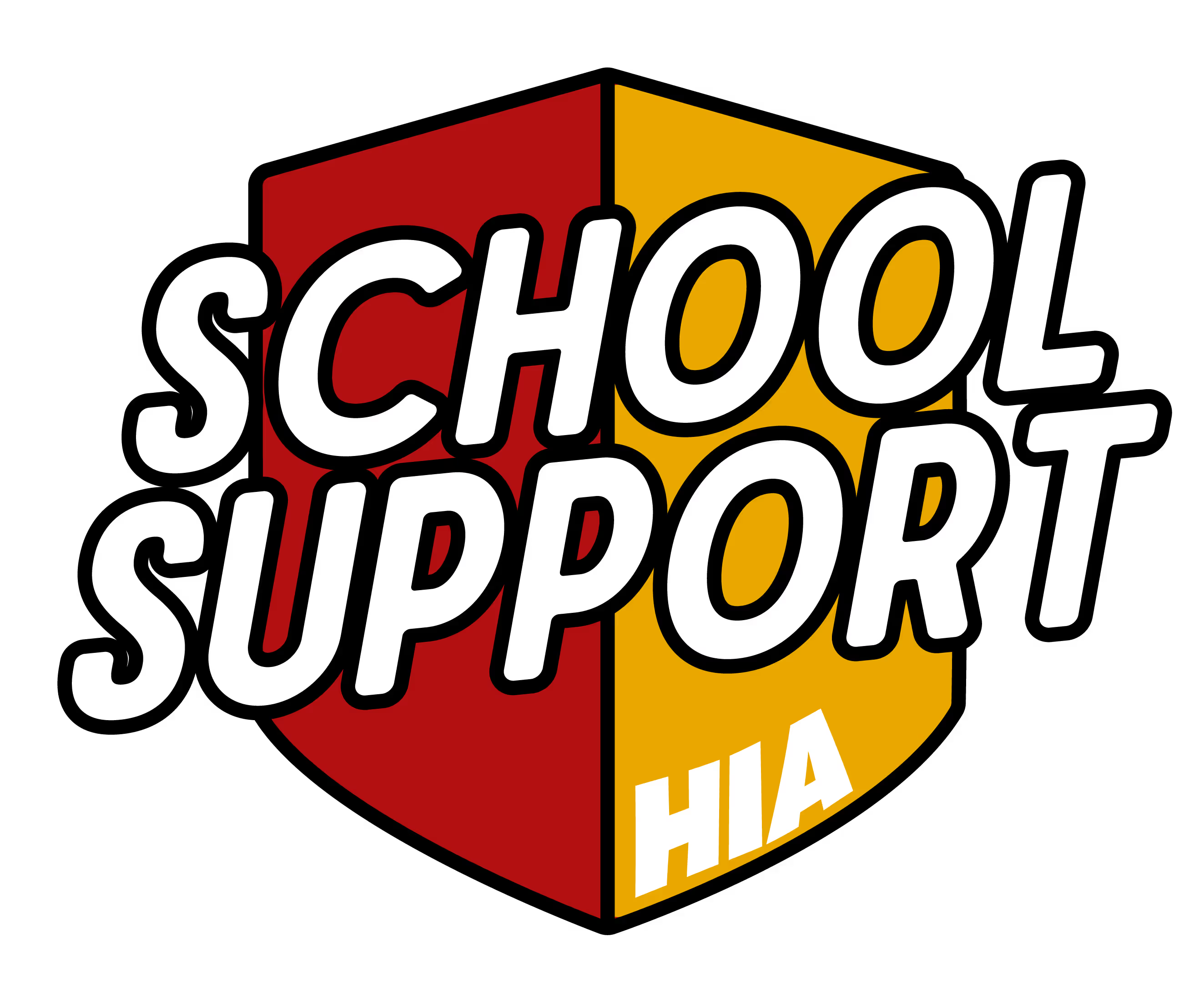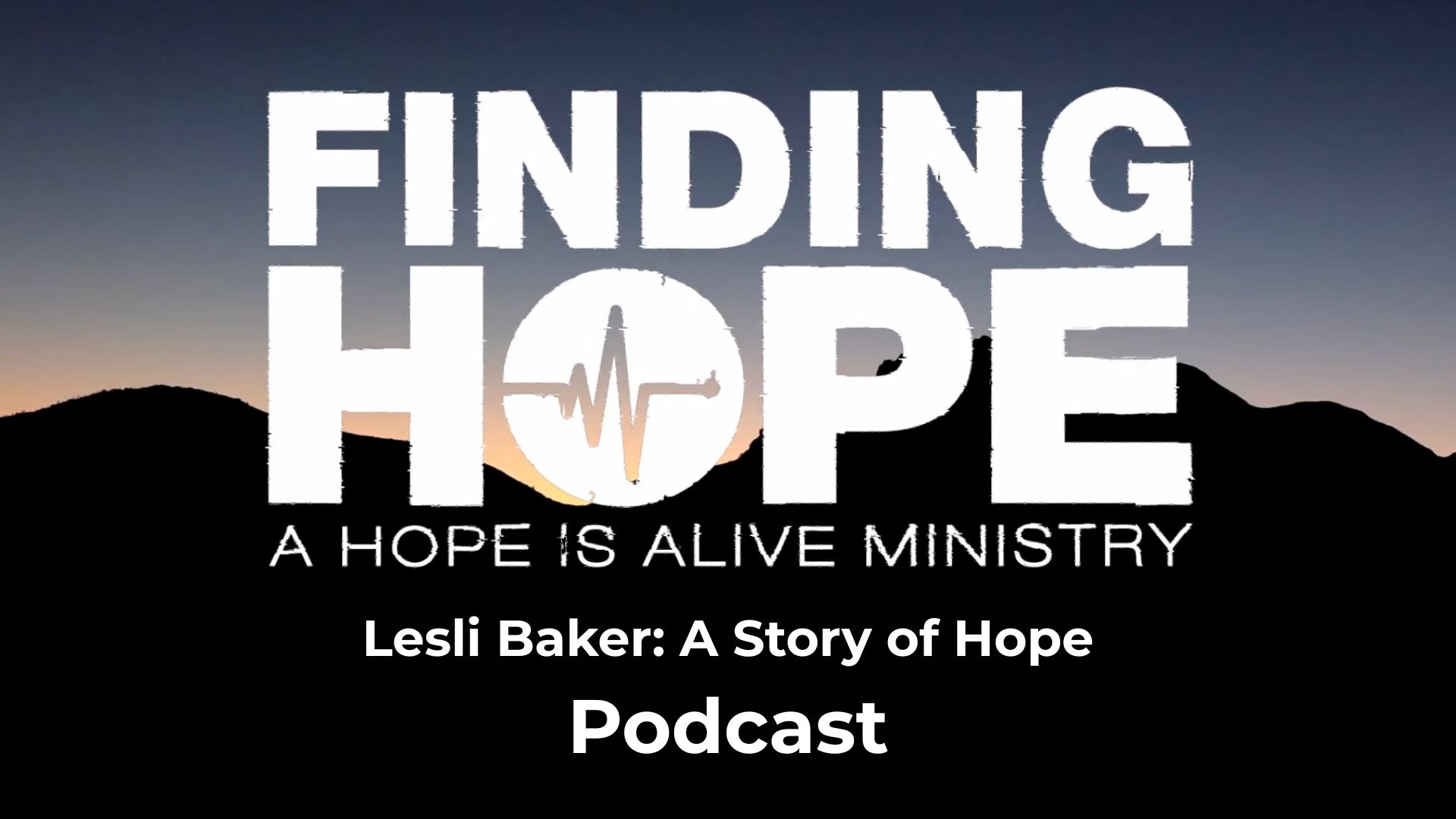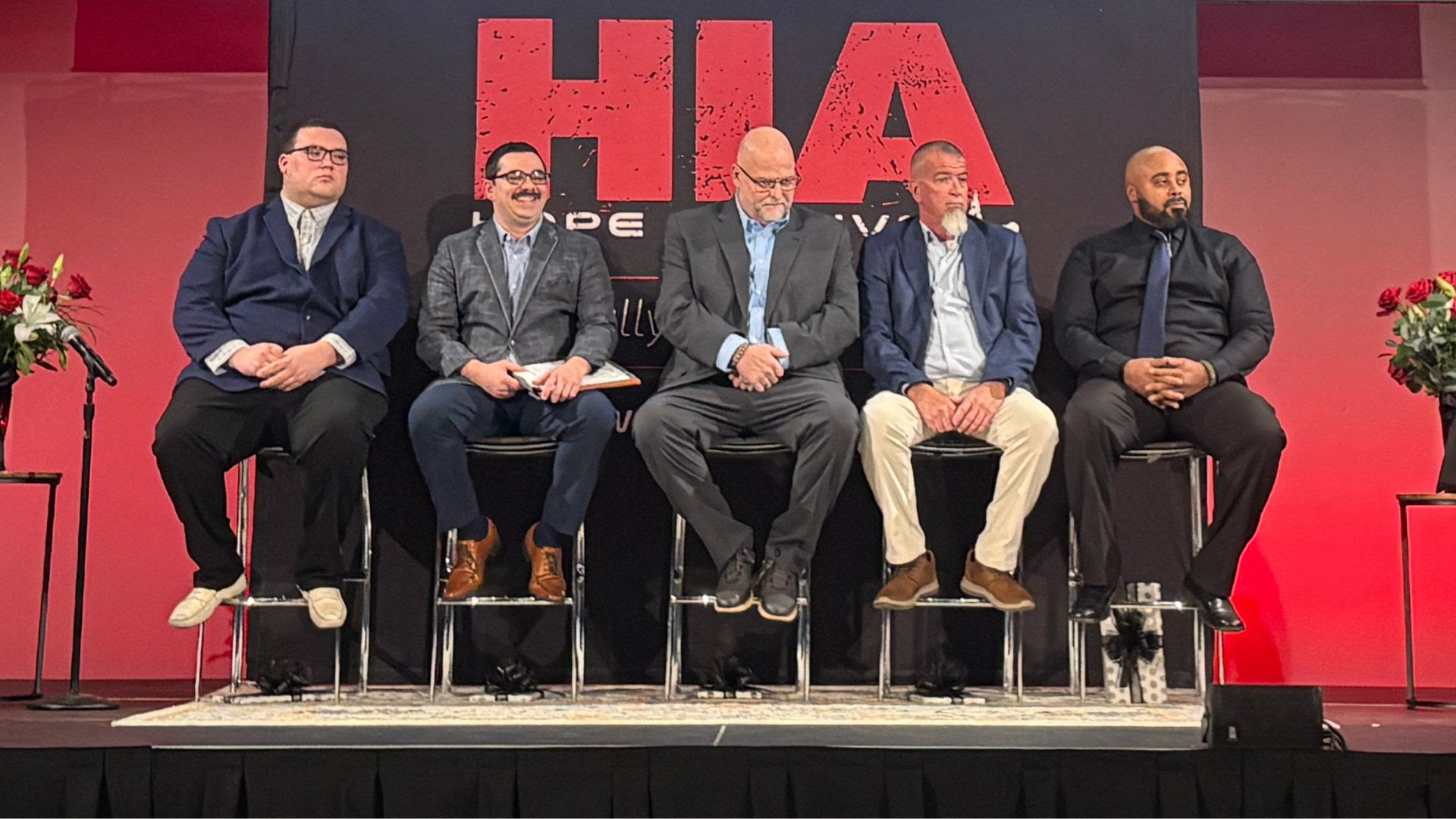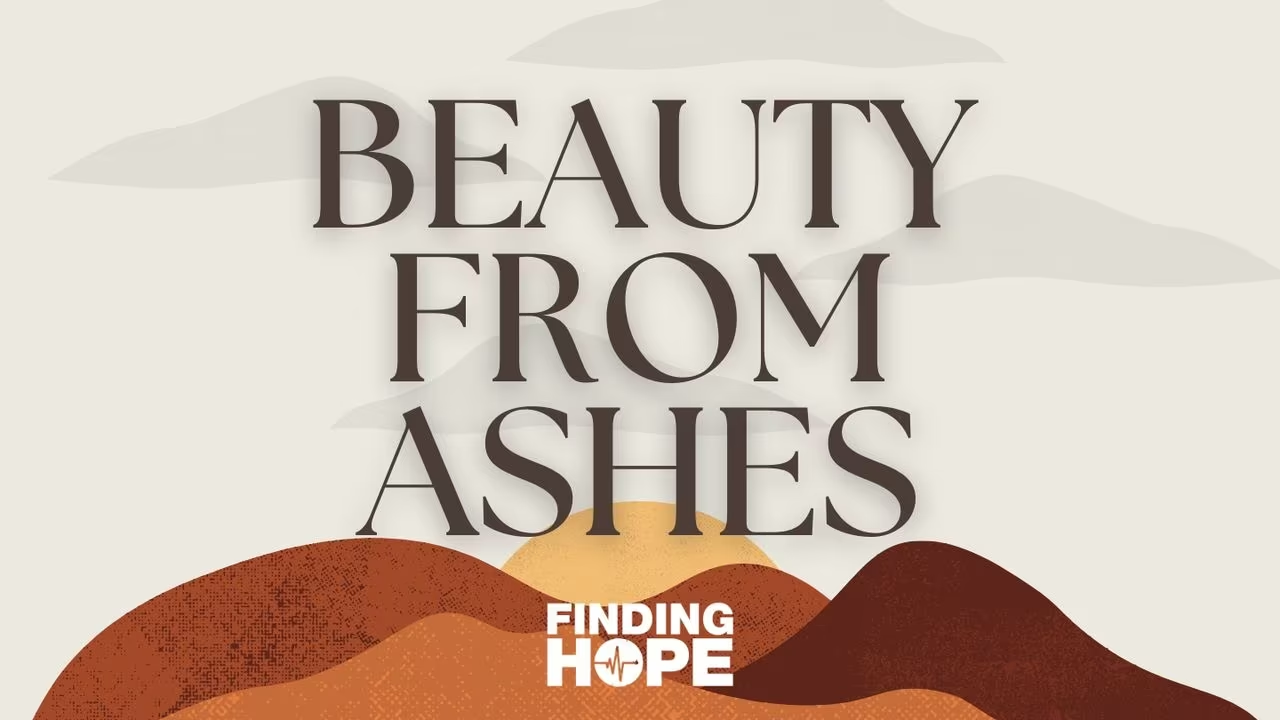
HIA’s School Support Program Delivers "Future Me" Talk to Local Schools
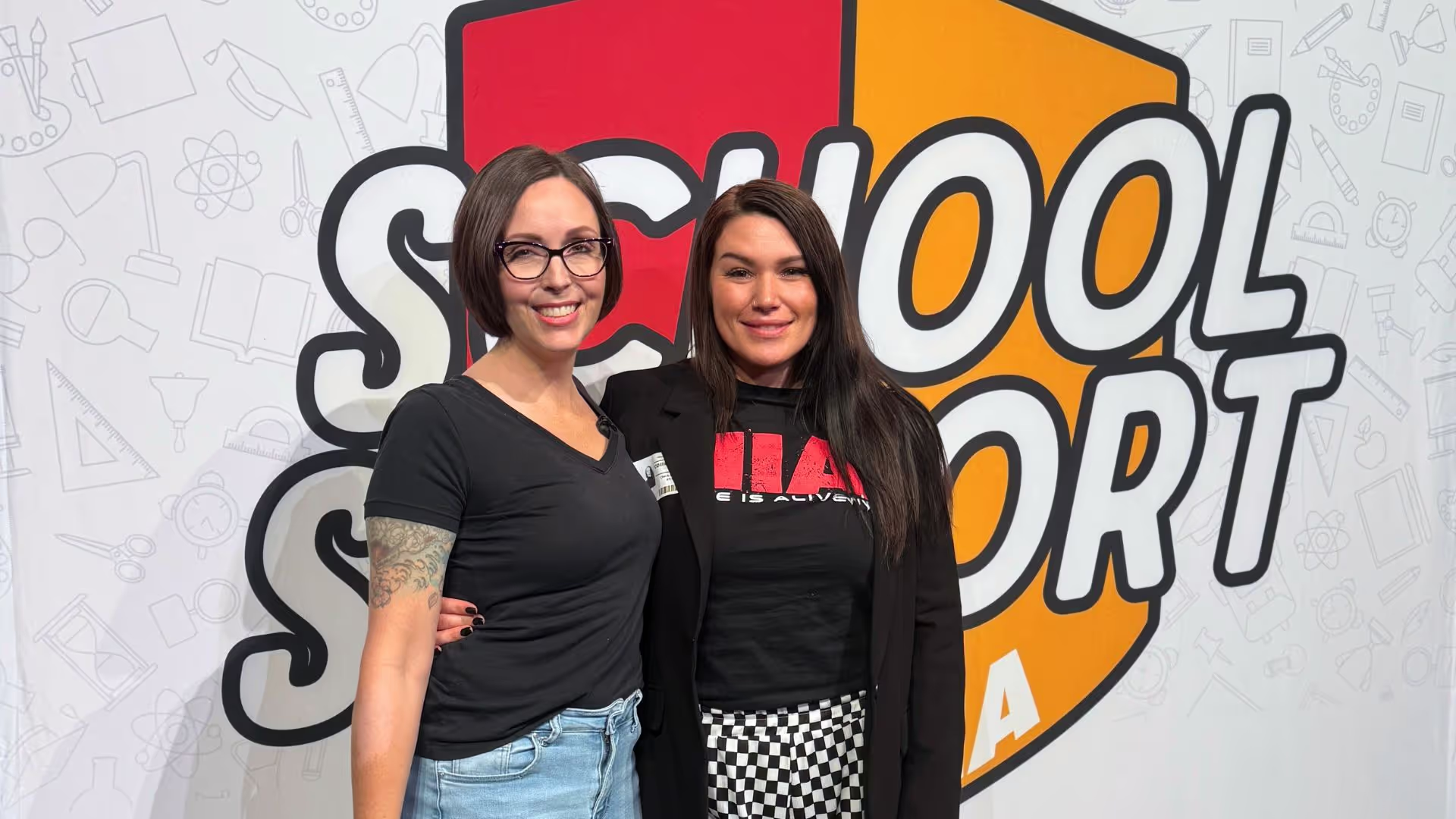
HIA’s School Support Program Delivers "Future Me" Talk to Local Schools
Last week was a big one for our school support team, who spent two awesome days at Casady School before wrapping up the week with an unforgettable visit to Jones High School. Let’s just say, students and parents showed up ready to learn, share, and grow!
Casady School: Real Stories, Real Science, Real Hope
At Casady School, our school support team packed in back-to-back assemblies and an evening parents’ night that brought everyone together for honest conversations about teenage addiction.
To kick things off, Senior Development Manager Ann Sandager shared a powerful and deeply personal testimony that immediately captured the students’ attention. Growing up in Edmond, just a short distance from where many of them now live, Ann’s story felt especially relatable.
Ann spoke candidly about her battle with drugs and alcohol to hone in on the reality of teenage addiction. She explained that her addiction began at a young age and continued into her early adulthood, only coming to an end because of Hope is Alive. Ann emphasized that addiction can happen to anyone, and so can recovery.
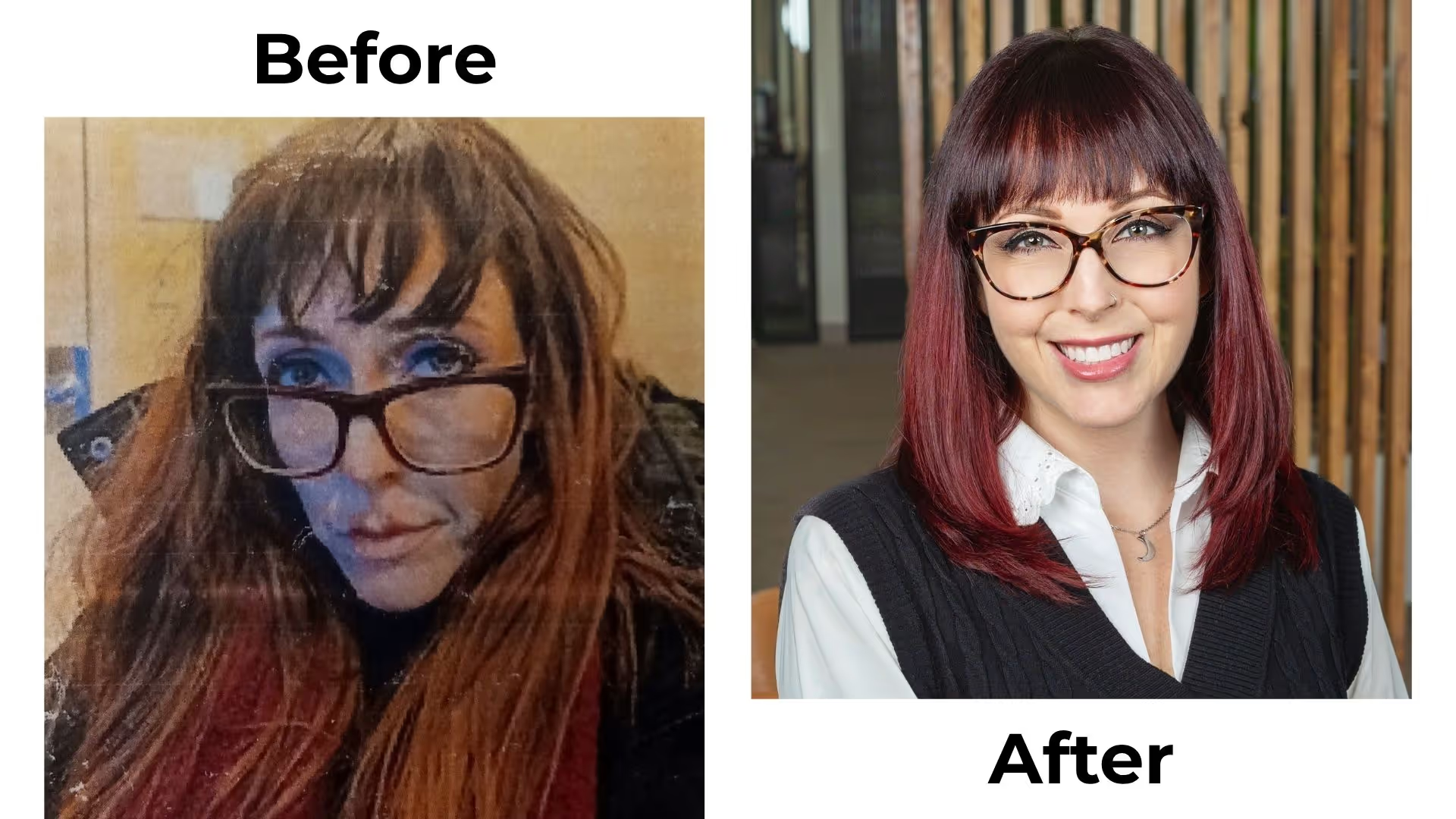
After Ann’s testimony, our school support team transitioned into a presentation on the science of addiction. They walked students through how the brain develops and explained what happens when drugs or alcohol are introduced before it’s fully formed. By breaking down how substances impact the brain, body, and emotions, our team helped students see just how powerful — and dangerous — those early choices can be.
Students were surprised to learn just how quickly habits can form and how much damage can occur, even from “casual” drug and alcohol use. The presentation opened their eyes to the real, scientific consequences of addiction, building off the foundation of Ann’s personal experience.
But the conversation didn’t stop there. Students also learned how positive coping strategies — like talking about their feelings, connecting with trusted adults, and finding healthy outlets for stress — can make a real difference in avoiding substance use altogether.
By the end of the sessions, students had an entirely different perspective about recreational drug and alcohol use — and most importantly about addiction in its entirety.
That night, our team met with parents to keep the conversation going. Together, they explored the same neuroscience and talked about how to support their kids through all the ups and downs of adolescence. In that room, parents found a safe place to ask questions, share experiences, and encourage one another. By the end of the night, a real sense of community had formed.
Jones High School: Discussing the Dangers of Addiction and Overdose
On Thursday, our school support team visited Jones High School to talk with students about the dangers of addiction and overdose. Our team also touched briefly on brain development before turning things over to HIA Founder Lance Lang, who closed out the assembly with his high-energy “Future Me” talk.
During his talk, Lance challenged students to think about who they want to become and how the choices they make today shape that future. Watch part of his “Future Me” talk below.
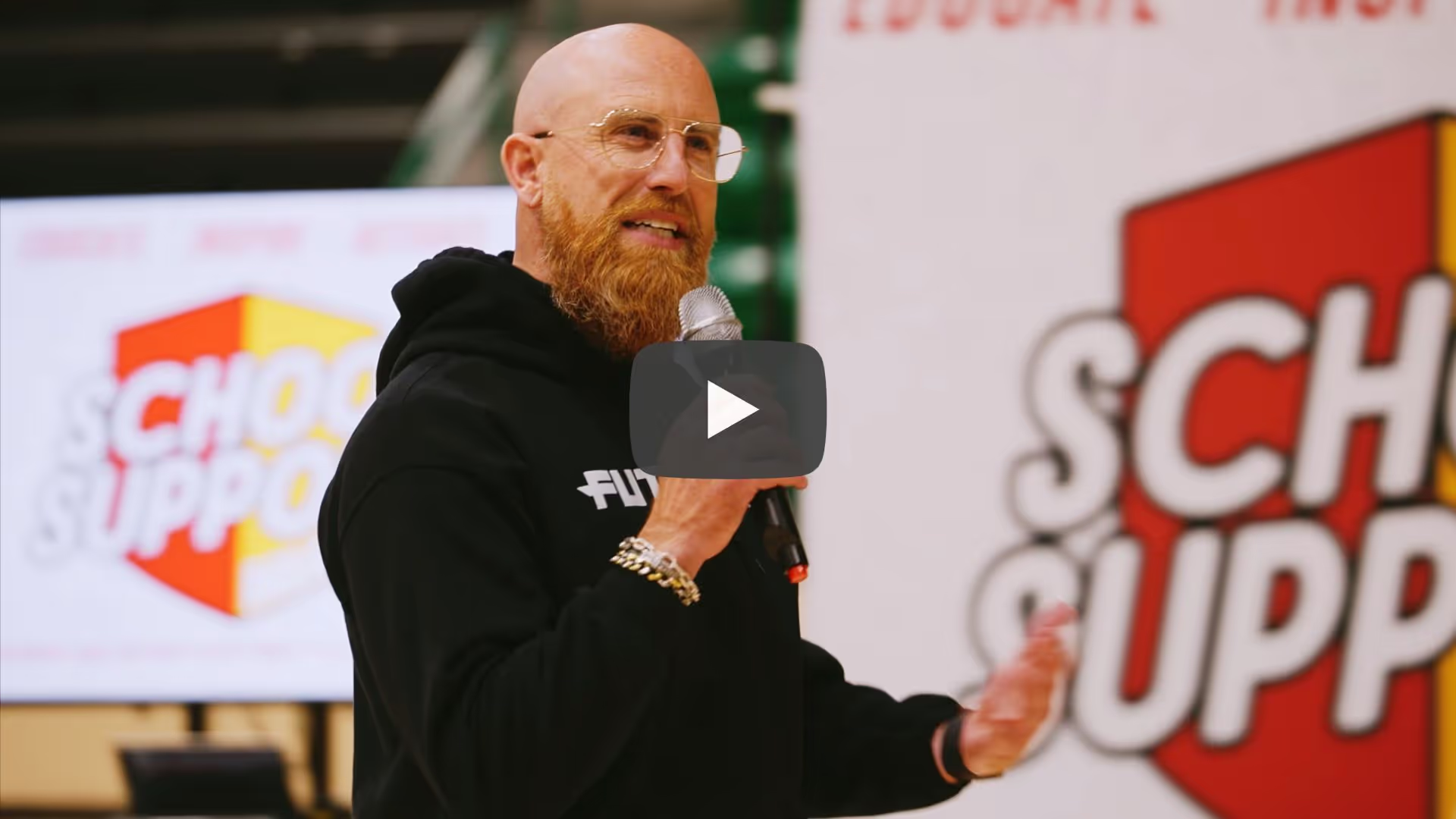
Bringing Hope to the Next Generation
Hope is Alive’s School Support Program envisions a world where our youth are so empowered and secure that drugs and alcohol aren’t appealing! Our program is designed to dismantle harmful mindsets by educating on the signs, risks, and stigma of addiction and overdose. By providing tools and resources that reflect God’s love, instill purpose, and establish supportive school communities, we help students embrace their design, worth, and ability to make informed choices for a healthy lifestyle.
Our mission is to educate, inspire, and activate school communities to stop the cycle of addiction and cultivate hope-filled futures.
